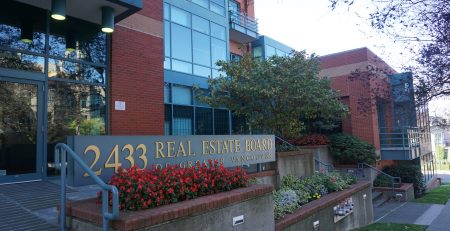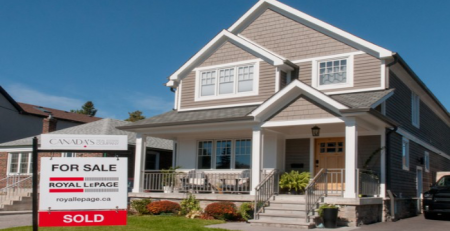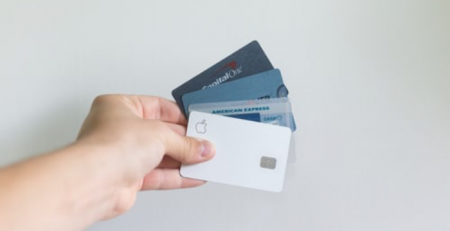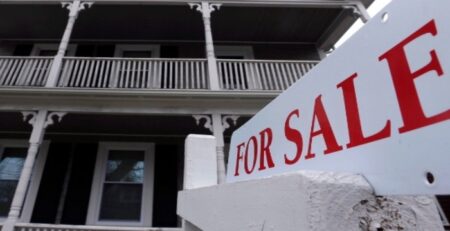The pros and cons of reverse mortgages
With the high value of real estate, many people have a lot of equity in their properties, making them house rich and cash poor. That may have some retirees considering a reverse mortgage to help make ends meet. But experts say you should make sure you understand the pros and cons of this type of loan before making a decision.
If you’re over 55 years old you may qualify for a reverse mortgage if you have enough equity in your home. You could get a lump sum payment or monthly income stream, up to 50 per cent of your home’s value. The money is tax-free, income is not a qualifying factor, and you don’t pay a dime on the loan until the house is sold.
But Scott Evans of BlueShore Financial says a reverse mortgage should only be considered if you’ve exhausted all your other options. That’s because these types of loans typically have higher interest rates than other types of mortgages and the interest continues to compound until you pay off the debt.
For example, if you took $100,000 out of your home at 6.49 per cent and you don’t pay anything back but at the end of five years the compounded interest combined with the original debt would total $137,632.
“What that results in is erosion of your equity in your home,” said Evans.
If a person lives long enough the debt on a reverse mortgage could exceed the fair market value of the home. But that payment is not due until the homeowner dies and when the house is sold, the lender cannot collect more than it’s worth.
Reverse mortgages also have additional set up costs and fees, which would be deducted from your loan.
Instead, Evans recommends looking into other options like downsizing, deferring your property tax, taking on a tenant or considering a home equity loan at a lower interest rate and with payments you can afford.
But for some retirees who want to stay in their home, a reverse mortgage gives them an option.
“Often it may not make financial sense but it may make emotional sense for someone,” Evans explained. The costs associated with getting a reverse mortgage can run into the thousands of dollars. If you decide to get a reverse mortgage you can try to limit those costs by negotiating the fees. You can also consider taking a monthly income stream instead of a lump sum payment. That way you only pay interest on the money outstanding.











